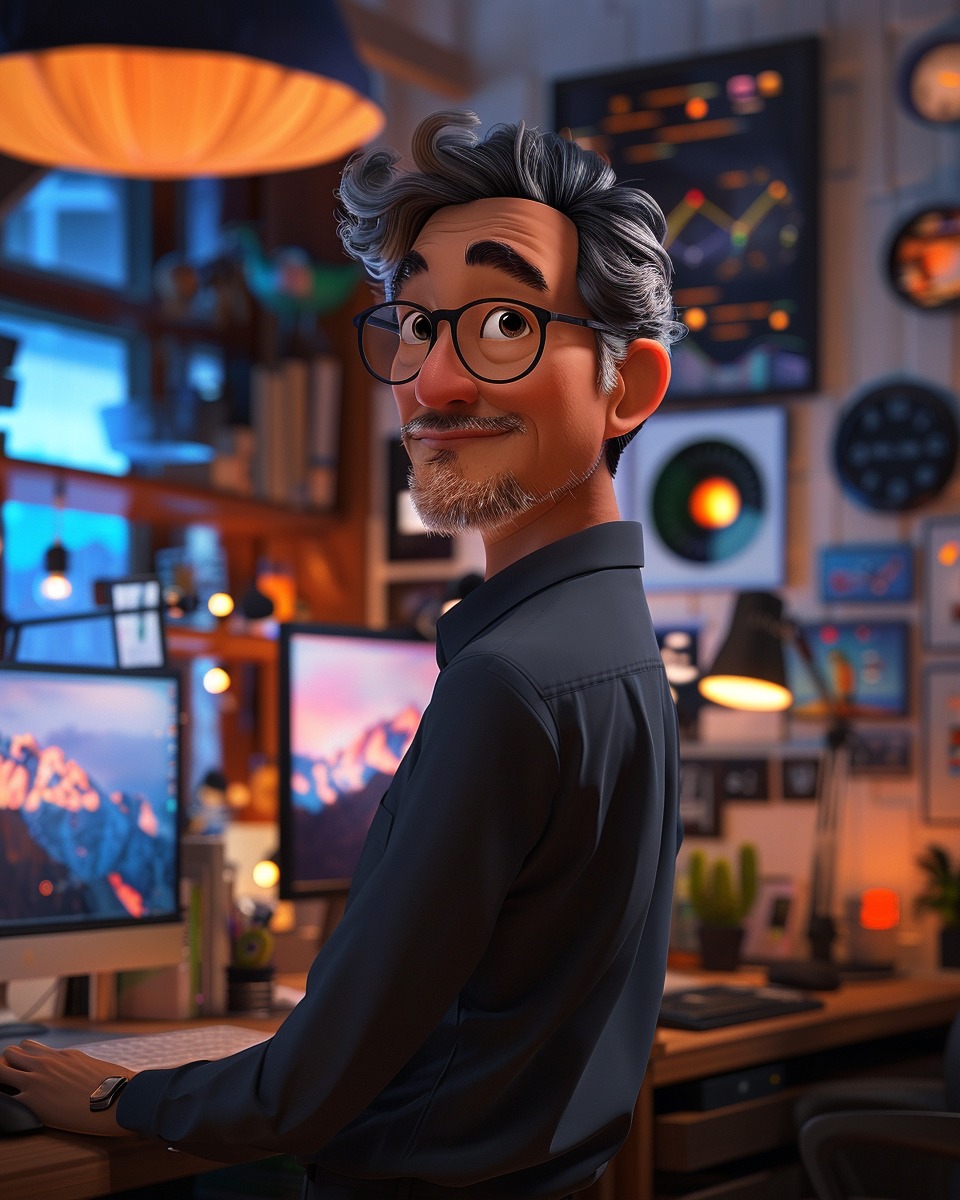AI Breakthrough: Cambridge Startup CardiaTec Raises Millions to Combat World's Biggest Killer
AI Breakthrough: Cambridge Startup CardiaTec Raises Millions to Combat World's Biggest Killer
AI Breakthrough: Cambridge Startup CardiaTec Raises Millions to Combat World's Biggest Killer

TLDR/ADHD Summary:
- CardiaTec, a Cambridge University spinout, raised $6.5 million to fight cardiovascular diseases using AI.
- Heart diseases kill 18 million people yearly, costing billions in healthcare.
- The startup uses AI to analyze biological data and find new drug targets.
- They've partnered with 65 hospitals to create the largest heart tissue dataset.
- This funding could lead to faster, more effective heart disease treatments.
_____
In a groundbreaking development that could revolutionize the fight against cardiovascular diseases (CVDs), Cambridge University spinout CardiaTec has secured $6.5 million in seed funding. This AI-driven startup is taking on the world's leading cause of death with a fresh approach to drug discovery, potentially saving millions of lives in the process.
Cardiovascular diseases claim approximately 18 million lives annually, accounting for a staggering 27% of deaths worldwide. In the United States alone, nearly half of all adults suffer from some form of CVD, with associated costs reaching a mind-boggling $252.2 billion from 2019 to 2020. Despite these alarming statistics, only 3% of AI-first drug discovery companies have focused on this critical area – until now.
Enter CardiaTec, founded in 2021 by Raphael Peralta (CEO), Thelma Zablocki (COO), and Namshik Han (CTO). This innovative startup is leveraging the power of artificial intelligence and multi-omics data analysis to accelerate drug discovery for CVDs. Their unique approach involves:
Analyzing vast amounts of biological data to predict chemical compound interactions with bodily targets.
Creating the world's first and largest human heart tissue multi-omics dataset through partnerships with 65 hospitals in the UK and US.
Employing advanced computational methods to identify and prioritize drug targets associated with CVDs.
The recent $6.5 million (€5.8 million) seed funding round, led by California-based Montage Ventures with participation from APEX Ventures and others, is a testament to the potential of CardiaTec's groundbreaking work. This financial boost will enable the company to further develop its platform and potentially bring new, life-saving treatments to market faster than ever before.
"We're thrilled to receive this support from our investors," said Raphael Peralta, CEO of CardiaTec. "This funding will accelerate our mission to transform cardiovascular disease treatment through AI-driven drug discovery. We're not just developing new technologies; we're paving the way for a future where heart disease no longer reigns as the world's top killer."
CardiaTec's focus on the underserved area of cardiovascular disease sets it apart in the AI drug discovery landscape. By combining cutting-edge AI technologies with a vast multi-omics dataset, the company is poised to make significant strides in understanding and treating CVDs.
As the global community continues to grapple with the devastating impact of cardiovascular diseases, CardiaTec's innovative approach offers a beacon of hope. With its roots in Cambridge's renowned academic ecosystem and its eyes firmly set on the future of healthcare, this startup is not just participating in the AI revolution – it's leading it.
The journey of CardiaTec serves as a powerful reminder of the potential for AI to transform healthcare and save lives. As we watch this promising startup grow, one thing is clear: the future of cardiovascular disease treatment is being rewritten, one algorithm at a time.
What you've just read is more than just a news article – it's a glimpse into the future of journalism. This piece was crafted by an AI using a custom persona, reporting on a real-world event. We're exploring new frontiers in how AI can transform news delivery.
Did the AI capture the excitement of this tech news? Could you tell it wasn't written by a human? We'd love to hear your thoughts on this experiment in the comments!
Remember, while the reporter might be artificial, the importance of staying informed about AI developments in healthcare is very real. Keep learning, keep growing, and stay ahead of the curve in the exciting world of AI and medicine!
Mod
Popular Tools
Recent Posts
How to Outrank Your Competitors by Borrowing Their SEO Keywords
October 1, 2025
OpenAI’s new text-to-video tool is easier to use than you think
October 1, 2025
Google Flow vs. Veo 3: What’s the Difference?
May 27, 2025
